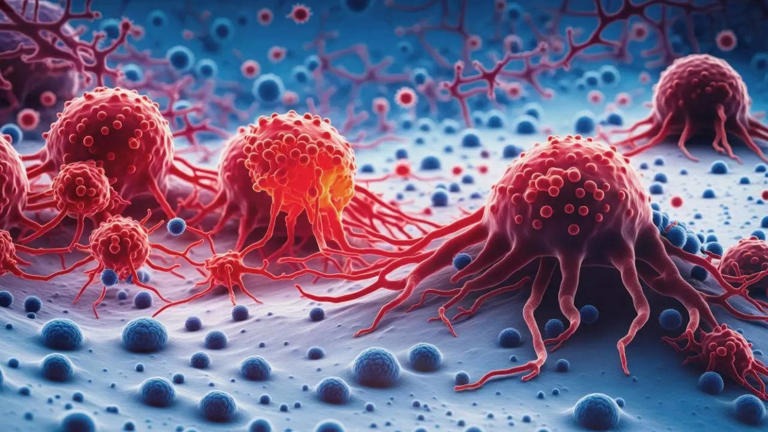
A groundbreaking study has found that the risk of developing cancer can be detected even before birth. Researchers have discovered that genetic markers and prenatal conditions may play a crucial role in determining a person's likelihood of developing cancer later in life.
Key Findings of the Study
Genetic Mutations Begin in the Womb
- Scientists have identified mutations in fetal DNA that may increase the risk of certain cancers in adulthood.
- These mutations can occur naturally or be influenced by environmental and lifestyle factors during pregnancy.
Prenatal Exposure to Risk Factors
- Toxins, pollution, poor nutrition, and infections during pregnancy may contribute to cellular changes linked to cancer.
- Maternal smoking, alcohol use, and stress may also affect fetal DNA, potentially raising cancer susceptibility.
Early Detection and Prevention Possibilities
- If high-risk genetic markers are identified before birth, doctors may develop personalized prevention strategies.
- Advances in genetic screening and prenatal care could help lower the chances of cancer developing later in life.
What This Means for Future Health Care
✔ Early Risk Assessment – Genetic screening during pregnancy could help identify high-risk individuals at birth.
✔ Better Preventive Measures – Expecting mothers may be advised on lifestyle changes to reduce potential risks.
✔ Medical Breakthroughs – The study could lead to new treatments and interventions aimed at preventing cancer before it develops.
Read More: Could relying solely on the HbA1c test for diabetes be wrong? Learn the truth from an AIIMS doctor.
--Advertisement--

 Share
Share



